What is RAM: Your PC's working memory explained
If you've ever asked 'what is RAM?', you've come to the right place
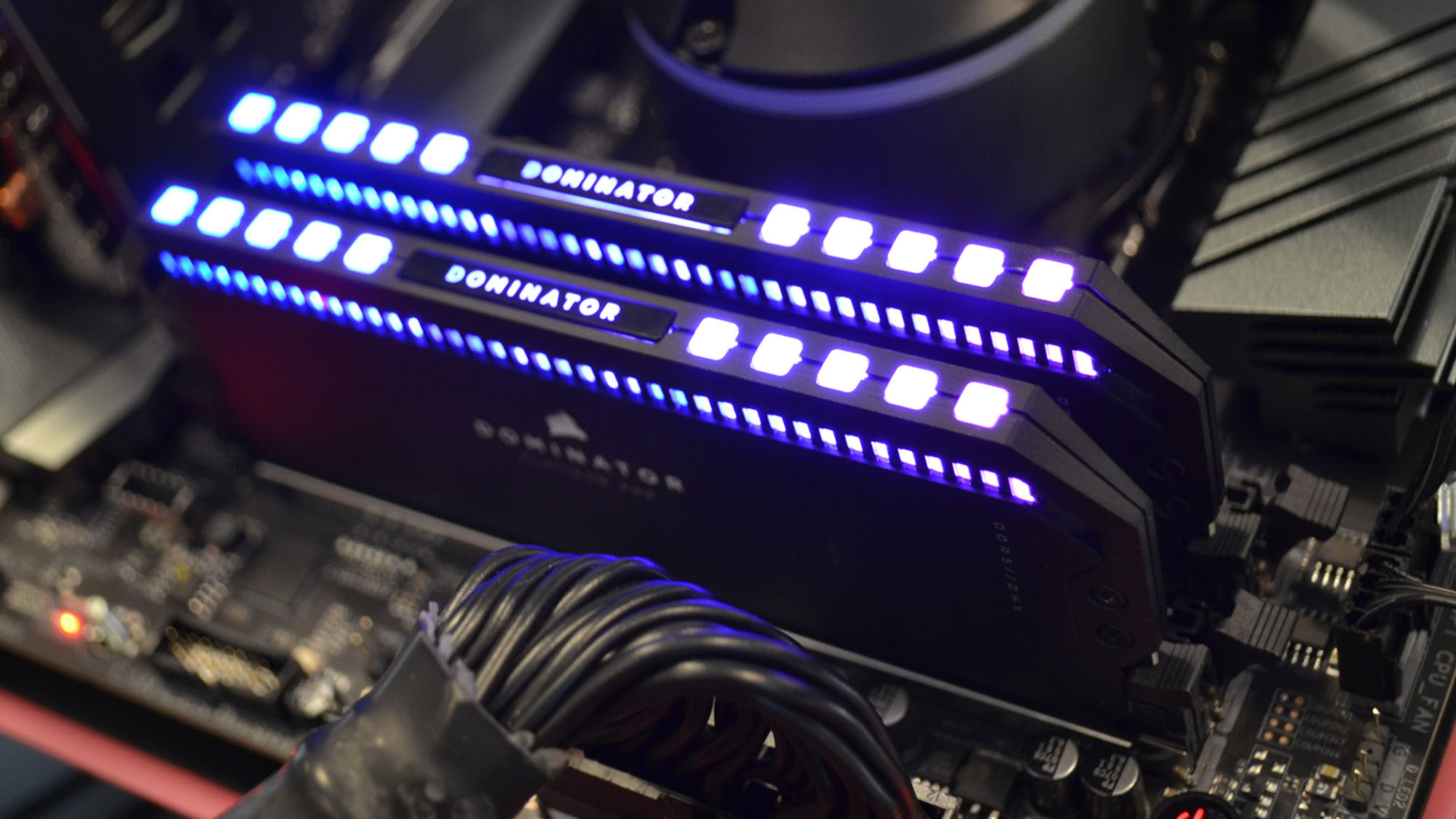
Sign up for breaking news, reviews, opinion, top tech deals, and more.
You are now subscribed
Your newsletter sign-up was successful
Random Access Memory (RAM) is a type of computer memory that lets the CPU temporarily store program data that it is actively working on or with. It is often referred to as "main memory" because of the critical role it plays in your computer's operations and in the overall performance of a computer.
RAM is one of the most fundamental components of a PC, from the best computer and best laptop in the world to the best budget gaming PC and even the best phones. In short, without RAM, computers large and small are really just expensive calculators.
RAM, or Random Access Memory, is so important in fact that it's crucial to have a good understanding of what it is and what part it plays in your computer so you make the right purchasing decisions when you buy a new PC or laptop, or when upgrading an old one.
RAM's significance to your computer's everyday performance is rivaled only by having the best processor and best graphics card, and I tell everyone I can that it's always better to choose more RAM in a PC than a larger storage drive if you can only afford one or the other.
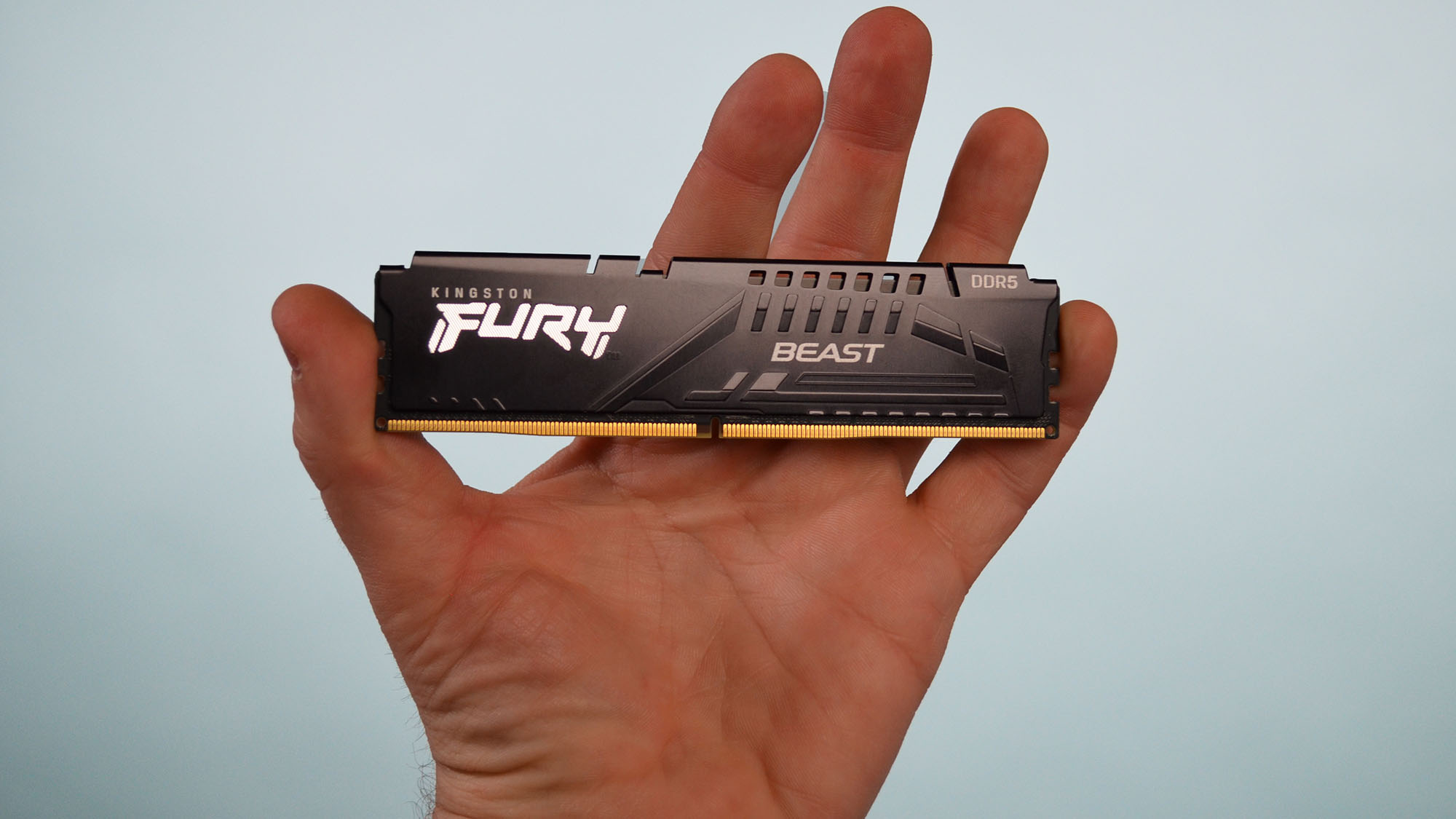
After years of covering PC hardware and components, not to mention a decade-long academic background in computer science, I'm here to help walk you through the finer technical details, as well as the most important points you need to know about RAM before you buy or upgrade your PC.
After all, no matter whether you're aiming to amplify your gaming experience or you want to streamline your productivity, the best RAM for your needs and budget can make a world of difference (we'll even show you how to get some great RAM deals if you've decided to commit to an upgrade).
Is 8 GB RAM good for my needs?
Is 8GB of RAM good?
For general computing use, 8GB of RAM is more than enough for day-to-day work, like productivity apps, web browsing, and video streaming. Given the size of the files you'd need to work on in multimedia projects like video editing or graphic design, or needed while gaming, 8GB is generally considered too little memory capacity for gaming and creative content usage.
How much RAM do you need?
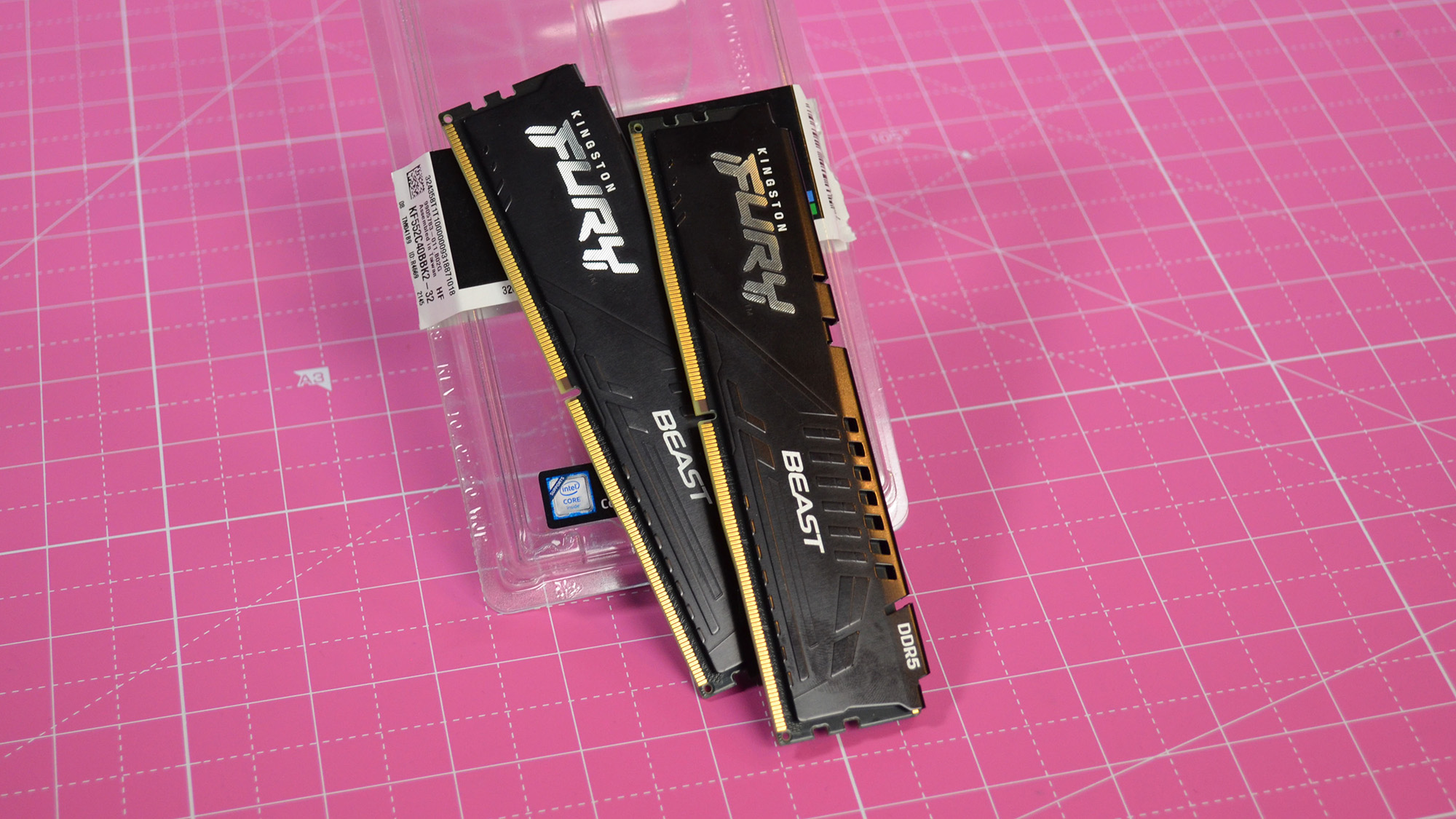
How much RAM do you need?
How much RAM memory you actually need will depend almost entirely on what kind of activity you plan on using your computer for. And while there are going to be some borderline use cases where the amount of RAM you need is going to be fuzzy, this is generally a good breakdown of how much memory you'll need at a minimum for several popular usage scenarios.
4GB — This amount of RAM memory is only really enough to run a basic Chromebook, thanks to ChromeOS's lightweight design. Under no circumstances should you buy a computer running Windows 10 or Windows 11 (even Windows 11 S-mode) if it only has 4GB memory. This is only just enough to run the operating system itself, leaving you almost no memory for anything else.
8GB — For most Windows 11 and MacOS systems, this will generally be enough memory for general computing and productivity work.
16GB — This is the ideal amount of RAM memory you'll want for playing the best PC games at a respectable framerate, as well as the bare minimum you need for prosumer-level creative work, like serious photo editing in Adobe Photoshop.
32GB & above — There are only a few situations where a minimum of 32GB memory is required, but all of them are going to fall within professional applications like professional film editing, 3D modeling, or engineering work using CAD software.
It's important to note that these are general recommendations, and specific applications and usage needs may call for more than the minimums set out here.
Additionally, it's worth considering future needs and the upgradeability of your system. Technology is constantly advancing, and the requirements of software and operating systems tend to increase over time. Having some headroom in terms of RAM can help ensure your computer remains capable and responsive for longer.
What does RAM memory actually do?
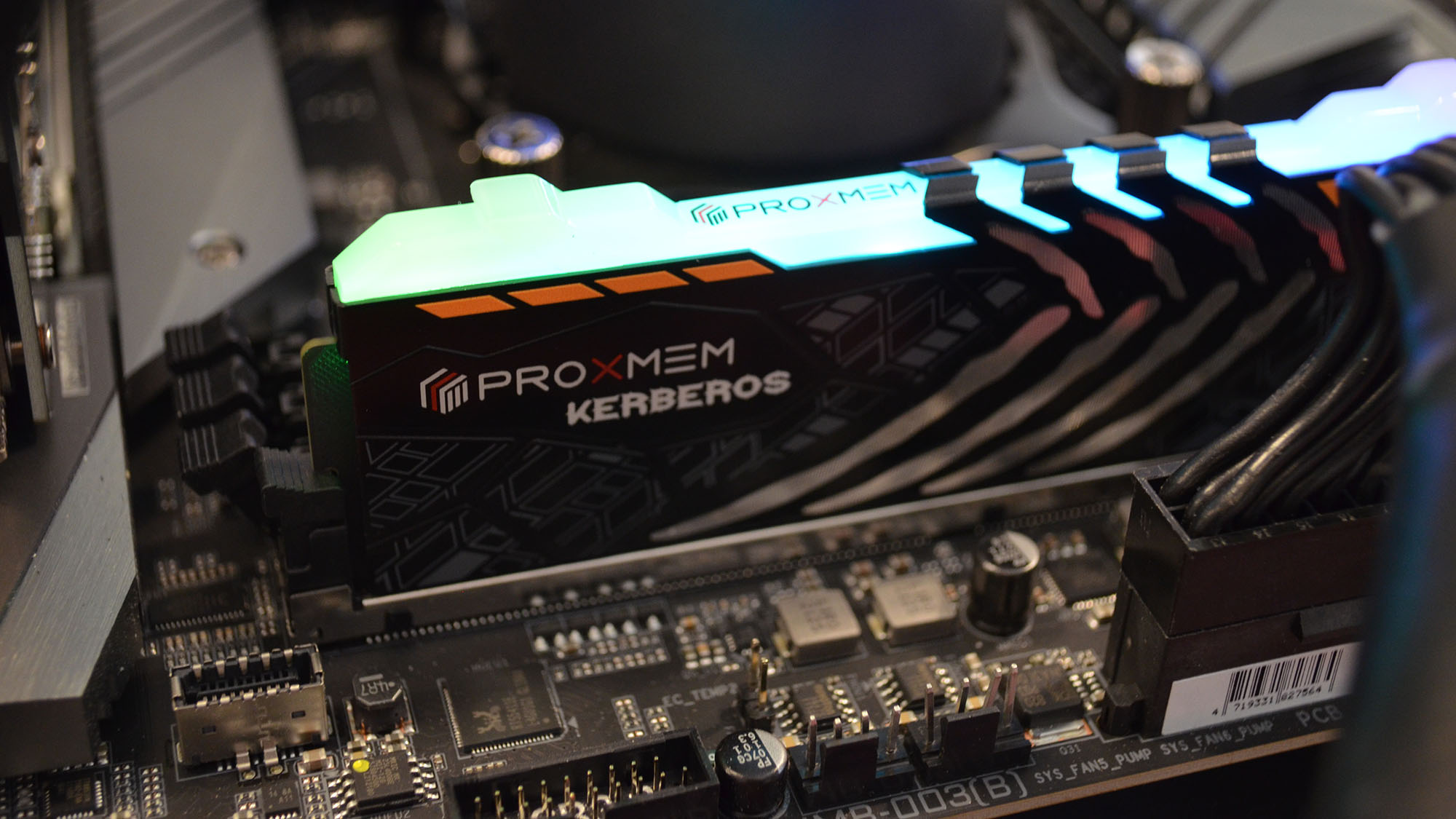
What does RAM memory do?
The primary purpose of RAM memory is to hold onto data and program instructions that the CPU is actively working on. This can include texture files for games or video files for film editing, along with any other data produced by or need for a given program.
It also holds onto all of the instructions built into apps that tell the CPU how to actually run a given program. And, since this memory is physically closer to the CPU with dedicated communication channels, the more you have, the faster your programs will run.
There is an upper limit on how much performance can be squeezed out of RAM, however. While more is generally better, most people are never going to run so many data-intensive programs at the same time that they will completely max out a 16GB RAM kit. This will definitely happen for those using just 8GB RAM, so if you're maxing out on 8GB RAM, upgrading to 16GB will be a huge boost, but going from 16GB to 32GB won't give you that much better performance than if you'd just stuck with 16GB.
Similarly, gamers might not find 32GB offering that much better performance than just 16GB, while engineers and architects using Lumion might see the benefits of going from 32GB to 64GB, but maxing out at 128GB will be expensive and not provide much in the way of improved performance.
How RAM memory differs from storage
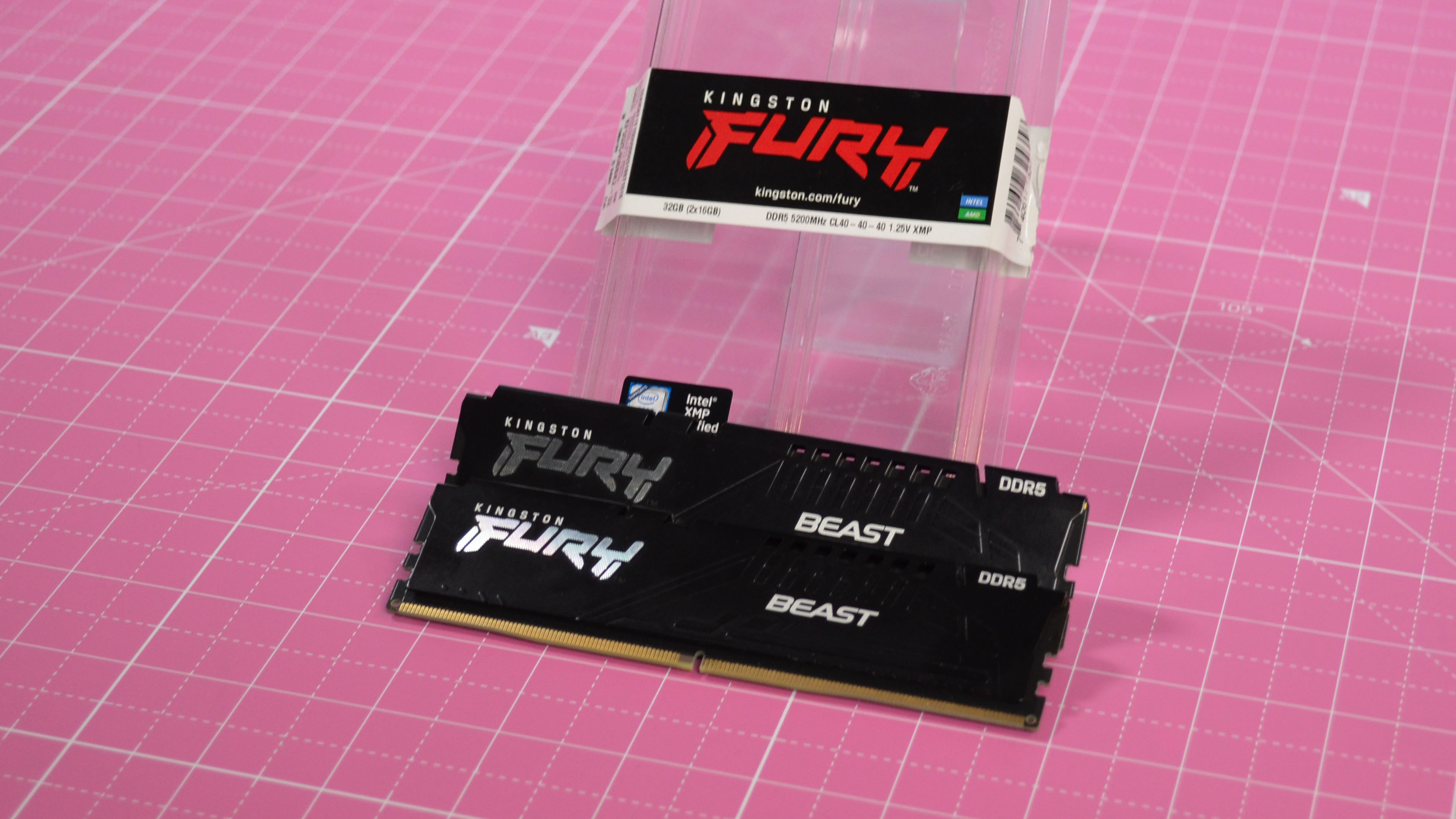
How is RAM memory different from a hard drive or SSD?
The biggest point of confusion about RAM memory is that it is often conflated with a different kind of computer memory, which we generally refer to as "storage". This can come in the form of a USB flash stick, an m.2 SSD, or even a traditional hard drive.
All of these forms of computer memory though are for longer-term preservation of programming instructions and associated data. Files and programs loaded up by the OS are moved from storage and into RAM as needed so that the CPU can work on the data more quickly.
How RAM memory differs from cache memory
How is RAM memory different from cache memory?
Cache memory and RAM actually have a lot more in common than RAM and storage do. RAM memory is meant to hold files and data that are actively being worked on by the CPU, or the set of instructions used to run a program, but the CPU does not operate on this data or execute instructions directly from RAM.
Instead, just as loading a program and data into RAM makes it quicker and easier to run, the CPU regularly takes the most immediately relevant segment of RAM memory and copies it into a small memory component on the CPU chip itself called cache memory. Cache memory is much, much faster than RAM, but within a given chip's architecture, the total cache capacity is much, much smaller than RAM's, making it reserved for the most immediate use by the processor.
What kind of RAM do you need?
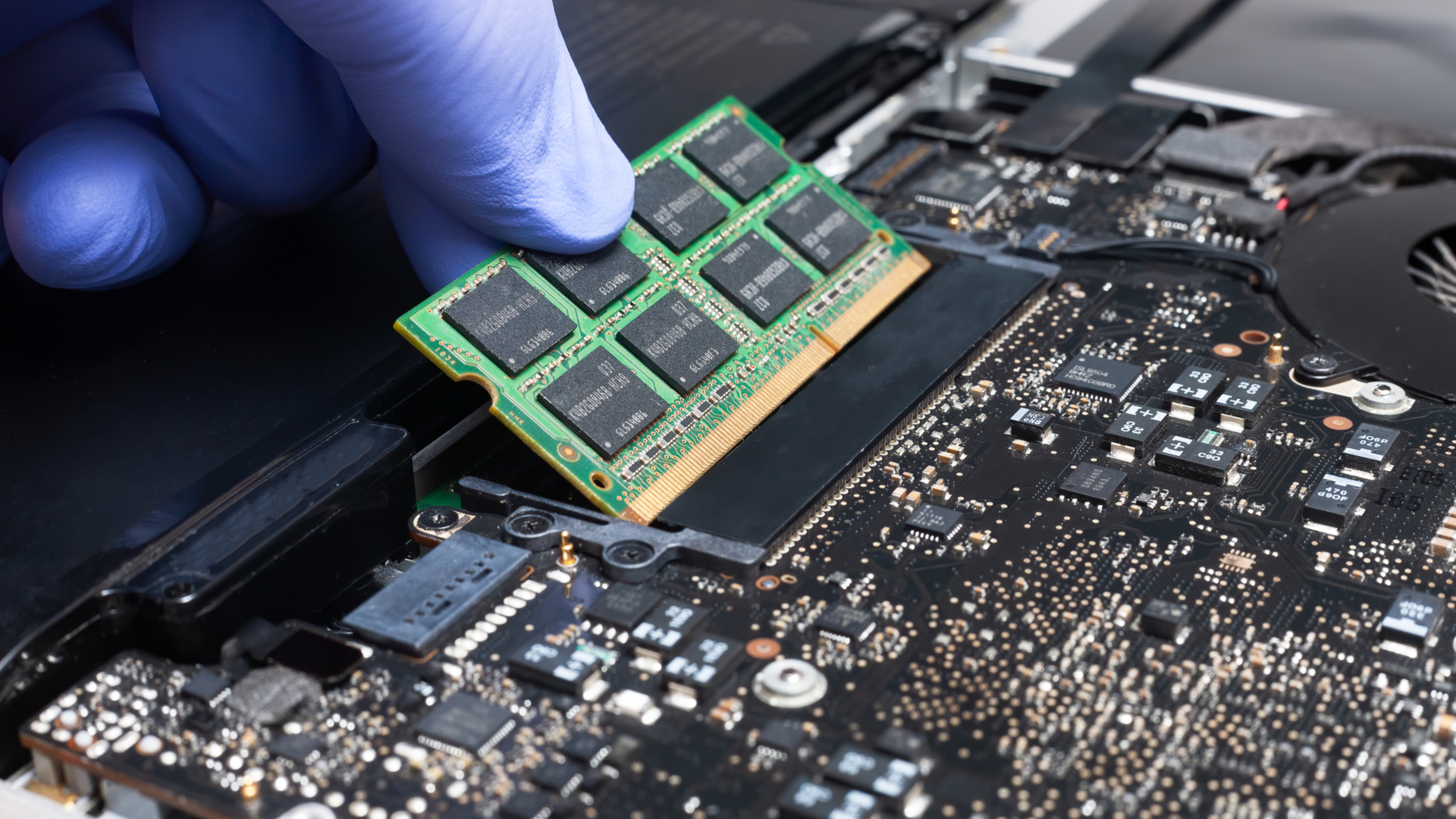
What are the different types of RAM memory?
There are two major things to know before you go off buying additional RAM kits for your PC or laptop. First, know what type of RAM is compatible with your motherboard, whether that's DDR5, DDR4, or even DDR3, none of which are compatible with each other, and motherboards supporting one pretty much excludes it from using the other kinds.
There is also the matter of your form factor. If you are looking to upgrade your laptop's main memory, you'll need to buy laptop memory modules (SODIMM), rather than desktop memory modules (DIMM). So always check with your computer's manufacturer to see what specific kind of RAM you need for the upgrade before buying anything, and you'll find the right RAM kit, hopefully without having to pay too much.
Sign up for breaking news, reviews, opinion, top tech deals, and more.

John (He/Him) is the Components Editor here at TechRadar and he is also a programmer, gamer, activist, and Brooklyn College alum currently living in Brooklyn, NY.
Named by the CTA as a CES 2020 Media Trailblazer for his science and technology reporting, John specializes in all areas of computer science, including industry news, hardware reviews, PC gaming, as well as general science writing and the social impact of the tech industry.
You can find him online on Bluesky @johnloeffler.bsky.social